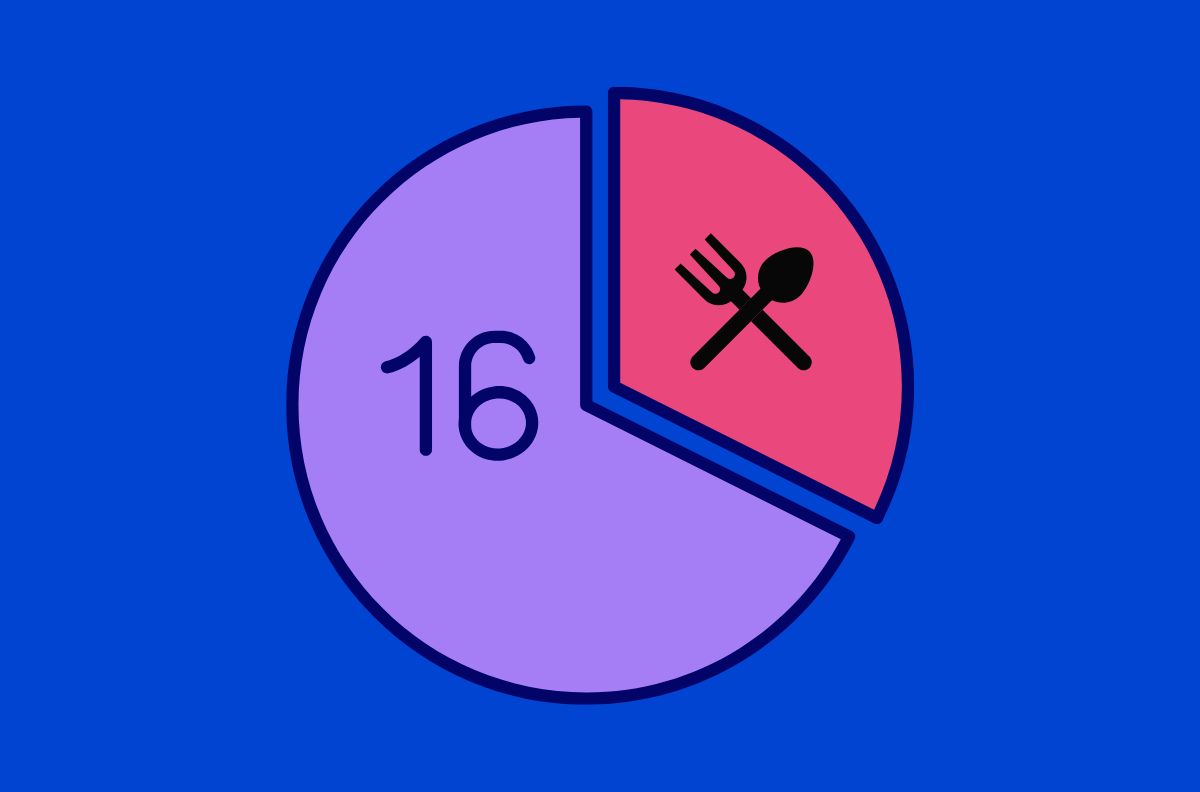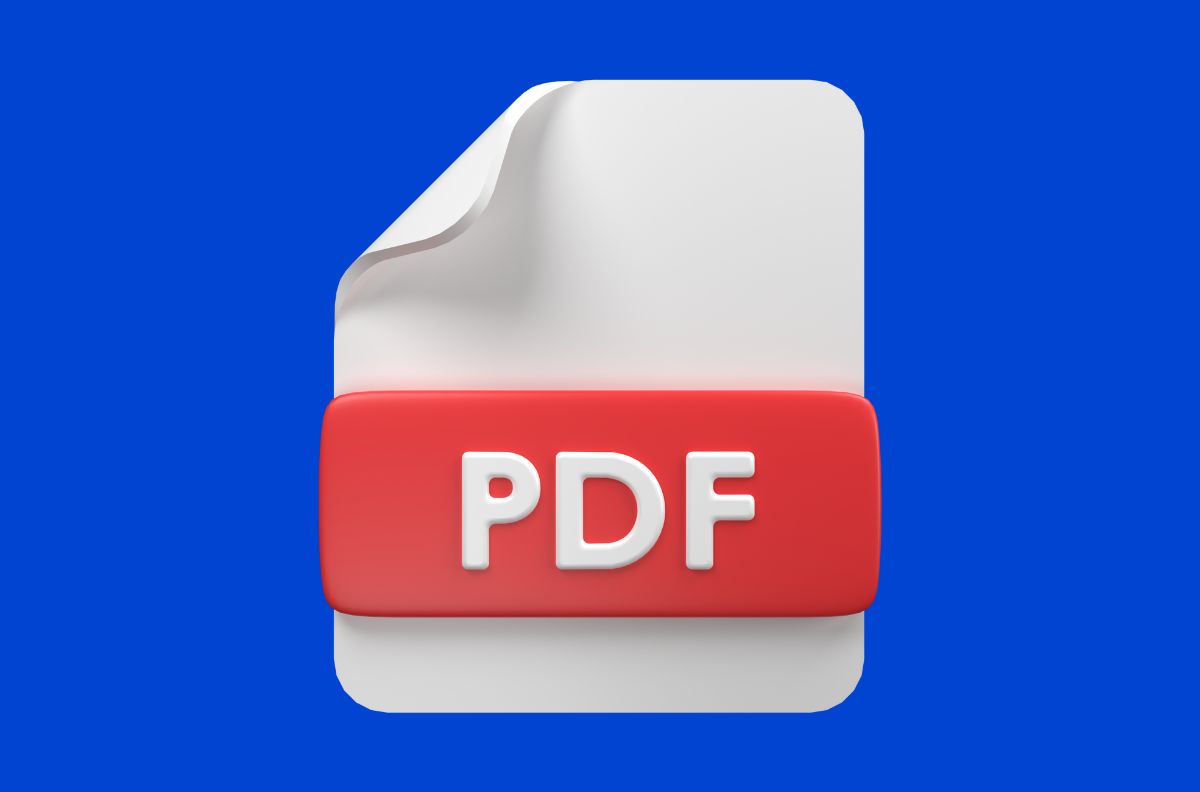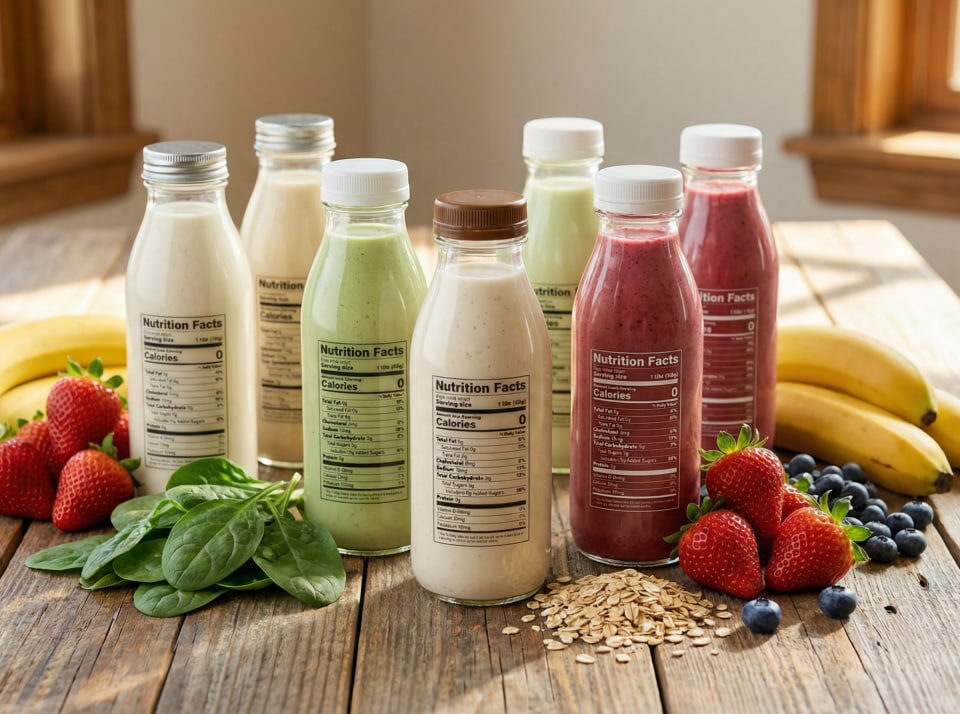
A refreshing protein shake with melon seeds for a nutritious boost.
🥤 Whey vs Plant Protein: Which Is Better for You in 2025
Choosing the right protein powder can feel confusing especially when deciding between whey vs plant protein. Whether your goal is muscle recovery, weight loss, or simply improving your nutrition, understanding how these two types differ will help you make a smart, personalized choice. 💪
Let’s break down what science says about each — so you can find the best protein powder for your body and lifestyle.
🌿 What Is Whey Protein?
Whey protein is derived from milk, produced during cheese-making. It’s available in three main forms:
-
Concentrate – contains small amounts of fat and carbs, with about 70–80% protein.
-
Isolate – processed to remove most fat and lactose, containing 90% or more protein.
-
Hydrolyzed – pre-digested for faster absorption.
✅ Key Whey Protein Benefits:
-
💥 Complete amino acid profile: Whey has all 9 essential amino acids, rich in leucine — a key trigger for muscle protein synthesis.
-
⚡ Fast digestion: Perfect for post-workout recovery when your muscles need quick nutrients.
-
🧠 Scientifically proven: Studies (Healthline, PubMed) consistently show whey supports muscle repair, growth, and performance.
-
🥛 Great taste and mixability: Most users find whey smooth and delicious in shakes or smoothies.
🚫 Downside: Not ideal for vegans or people with lactose intolerance (unless using whey isolate).
🌱 What Is Plant Protein?
Plant protein powders are made from sources like peas, soy, rice, hemp, chia, and pumpkin seeds. Some are single-source, while others are blended to improve the amino acid balance.
🌟 Key Plant Protein Benefits:
-
🥦 Vegan-friendly: 100% plant-based and dairy-free.
-
🌾 Easier digestion for some people: Especially if you’re lactose sensitive.
-
💚 Contains extra nutrients: Fiber, iron, antioxidants, and phytonutrients from plants.
-
🌎 Eco-friendly: Lower carbon footprint and more sustainable production compared to dairy.
⚠️ Note: Some single plant proteins lack one or more essential amino acids — but blends (like pea + rice) usually fix this and provide a complete profile similar to whey.
⚖️ Nutritional Comparison: Whey vs Plant Protein
Here’s how they stack up 🔍
| Feature | 🥛 Whey Protein | 🌱 Plant Protein |
|---|---|---|
| Source | Dairy (milk) | Peas, soy, rice, hemp |
| Amino Acid Profile | Complete (high leucine) | Often incomplete unless blended |
| Digestibility | Fast | Moderate |
| Muscle Recovery | Excellent | Great (if properly blended) |
| Lactose-Free? | Only isolate forms | Yes |
| Sustainability | Moderate | High |
| Taste & Texture | Creamy, smooth | Earthy, sometimes gritty |
💪🌱Quick visual comparison: Whey Protein vs. Plant Protein

A side-by-side comparison of whey and plant protein’s nutritional benefits.
🧬 Science Says:
-
Whey provides higher BCAAs (leucine, isoleucine, valine), boosting faster muscle repair.
-
Plant proteins work equally well when taken in the right amount (slightly larger servings).
-
Meta-analyses show no major difference in muscle growth when total protein intake is matched.
👉 So, the real key isn’t the type of protein — it’s the amount and consistency of intake.
According to a review from Healthline, both whey and plant protein can effectively support muscle recovery when part of a balanced diet.
🏋️♀️ Performance and Results: Which One Works Better?
🧩 For Muscle Gain:
-
Whey protein absorbs quickly and maximizes post-workout recovery.
-
Plant protein blends can deliver similar results if you meet your daily protein needs.
🔥 For Weight Loss:
-
Both help with satiety (feeling full) and maintaining lean mass.
-
Choose a low-sugar, low-fat version to support calorie control.
🌿 For Vegans or Lactose Intolerance:
-
Go for pea, soy, or rice protein blends — they’re gentle on digestion and allergy-friendly.
✅ Bottom line: Both work — your diet, comfort, and ethics determine the best choice.
🥄 Taste, Texture, and Mixability
Taste matters — because if it’s not enjoyable, you won’t use it daily!
-
Whey: Creamy, smooth, mixes easily with milk or water.
-
Plant: Some versions are earthy or grainy — but new brands have improved flavors a lot (try chocolate or vanilla blends).
💡 Pro tip: Blend your plant protein with almond milk, banana, and peanut butter for a delicious, thick smoothie. 🥜🍌
🌍 Environmental and Ethical Factors
If you care about sustainability 🌎:
-
Plant proteins generally have a smaller carbon footprint, using less water and land.
-
Whey is a byproduct of dairy, so it utilizes existing milk production — but still has higher environmental costs overall.
👉 So if being eco-conscious is part of your lifestyle, plant protein wins this round.
🎯 Which One Should You Choose?
Ask yourself these 3 quick questions before buying:
-
What’s your goal?
-
💪 Building muscle? → Whey may give a faster anabolic response.
-
⚖️ Weight loss or vegan diet? → Plant protein is perfect.
-
-
Any dietary restrictions?
-
Lactose intolerant or vegan? → Choose plant-based.
-
No restrictions? → Either is fine — pick what tastes best.
-
-
What’s your priority?
-
Speed and performance → Whey Isolate
-
Sustainability and digestion → Plant Blend
-
🧠 Pro tip: For best results, aim for 1.2–2.0 g of protein per kg of body weight daily — from food and supplements combined.
Learn more in our Ultimate Guide to the Best Protein Powder for Weight Loss
⏰ How and When to Use Protein Powder
Here’s how to make the most of your shakes:
-
🏋️♀️ Post-workout: Within 30–60 minutes for faster recovery.
-
🕗 Between meals: To stay full and prevent snacking.
-
🌅 At breakfast: Mix into oats or smoothies for a high-protein start.
💡 Easy mix ideas:
-
Blend with frozen berries + milk for a fruity shake 🍓
-
Stir into oatmeal 🥣
-
Add to Greek yogurt for extra protein boost 🥄
🧾 Conclusion: Whey vs. Plant — There’s No “One-Size-Fits-All”
When it comes to whey vs plant protein, the best choice depends on you.
-
🥛 Whey protein = fast, powerful, great for muscle recovery.
-
🌱 Plant protein = vegan, sustainable, gentle on digestion.
As long as you’re getting enough total protein daily, both can help with muscle gain, weight loss, and overall health.
💬 Listen to your body, pick the one that fits your lifestyle, and stay consistent — that’s the real key to results. 🌟












